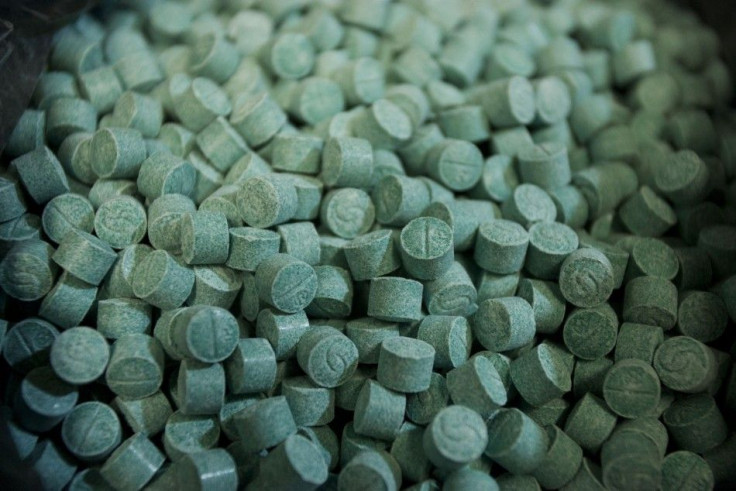Dance Club Drug Ecstasy Developed to Cure Cancer

Scientists have known for years that the nightclubbers' drug, Ecstasy, as well as, other psychotropic drugs suppress the growth of over half of all white blood cancer cells.
New research proves that Ecstasy may kill some cancer cells, but scientists have increased its effectiveness 100-fold, they noted in the journal, Investigational New Drugs.
Researchers also chemically re-engineered ecstasy by taking some atoms away and putting new ones in their place, thus reducing the toxic effect on the brain.
An earlier study showed all leukaemia, lymphoma and myeloma cells could be killed in a test tube, but any treatment would be a decade away.
Together, we were looking at structures of compounds that were more effective, said John Gordon, a professor at the University of Birmingham's School of Immunology and Infection.
BBC News reports, one variant increased cancer-fighting effectiveness 100-fold, meaning if 100 grams of un-modified ecstasy was needed to get the desired effect, only one gram of the modified ecstasy would be needed to have the same effect.
Against the cancers, particularly the leukaemia, the lymphoma and the myeloma, where we've tested these new compounds we can wipe out 100 percent of the cancer cells in some cases, Gordon said.
Scientists at the University of Birmingham discovered that six years ago and included in their laboratory experiments were weight-loss pills and antidepressants like Prozac.
Gordon added, They started to look more lipophilic, that is, they were attracted to the lipids that make up cell walls. This would make them more 'soapy' so they would end up getting into the cancer cells more easily and possibly even start dissolving them.
Study authors wrote that using enough MDMA to effectively treat a patient with a malignant tumor would likely kill cancer cells.
Researchers teamed up with a group from the University of Western Australia, working together to create new compounds.
© Copyright IBTimes 2024. All rights reserved.





















